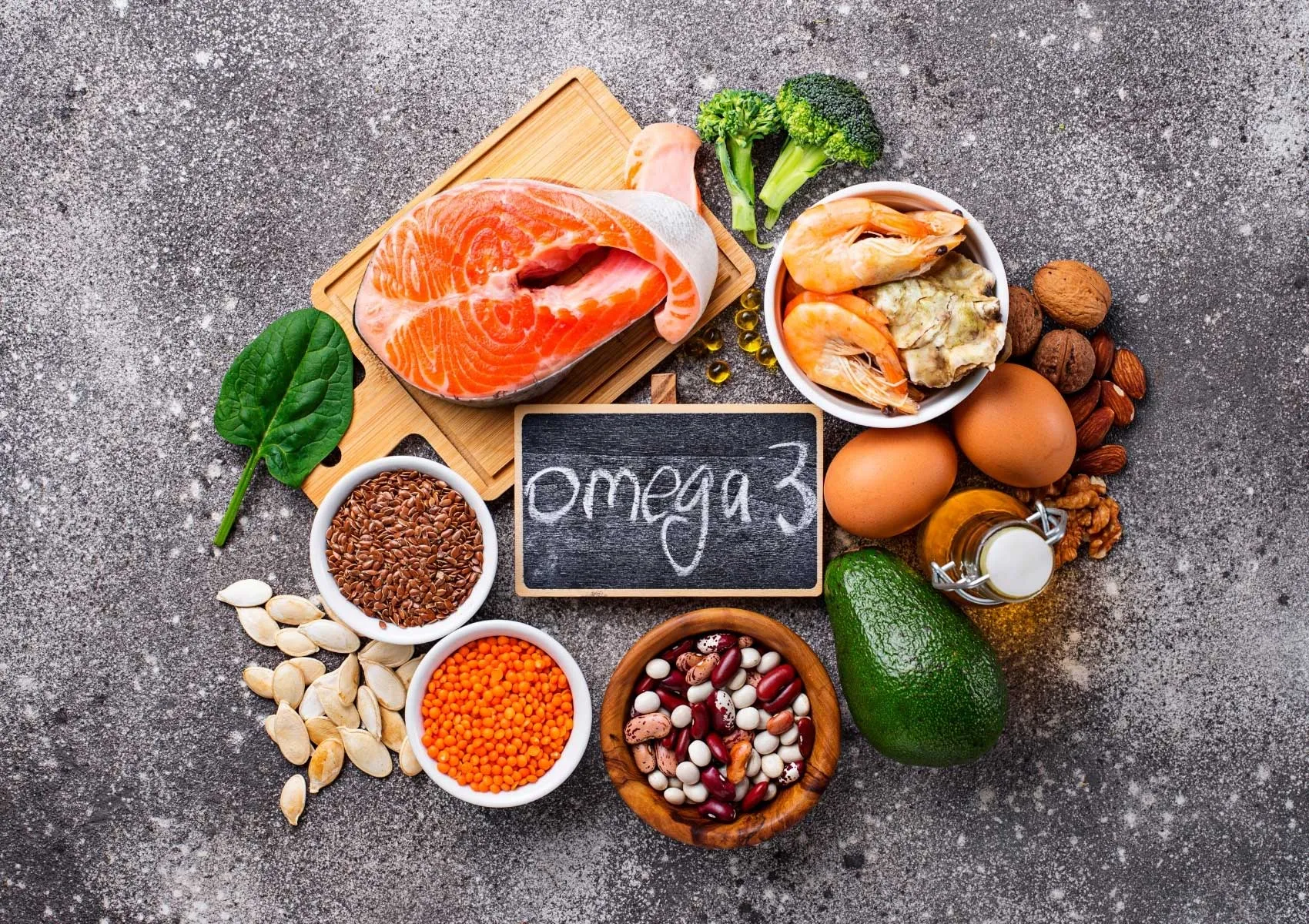Nutrition Tips for Joint Health
Discover the best dietary tips for joint health. Learn which nutrients support cartilage, reduce inflammation, and improve mobility. Backed by science.
Joints are vital structures that allow movement and flexibility in the human body. Their health is directly linked to quality of life. While aging, genetics, trauma, excess weight, and inflammatory diseases can all negatively affect joints, proper nutrition can help slow this process—and in some cases, even reverse certain changes. Scientific studies increasingly support the idea that specific nutrients and dietary habits can reduce joint inflammation, preserve cartilage, and enhance mobility.
Key Nutrients That Support Joint Health
Several nutrients play critical roles in maintaining joint structure and function. These include antioxidants, omega-3 fatty acids, collagen, vitamin D, vitamin C, and certain minerals.
Omega-3 Fatty Acids
Omega-3s are well-known for their anti-inflammatory effects, especially beneficial in conditions like rheumatoid arthritis. They reduce joint pain and stiffness.
Rich sources:
- Fatty fish (salmon, sardines, mackerel)
- Flaxseeds
- Walnuts
- Chia seeds
Antioxidants (Vitamin C, E, and Flavonoids)
Free radicals can damage joint tissues. Antioxidants neutralize these harmful molecules and protect joint cells.
Rich sources:
- Vitamin C: Bell peppers, citrus fruits, broccoli, strawberries
- Vitamin E: Sunflower seeds, almonds, avocados
- Flavonoids: Green tea, apples, onions, berries
Collagen and Gelatin
Collagen is a major structural protein of cartilage. It can be obtained through diet or supplements.
Natural sources:
- Bone broth
- Cartilage-rich meats
- Gelatin-based dishes
Vitamin C
Essential for collagen synthesis and protecting cartilage from oxidative stress.
Rich sources:
- Rosehip
- Kiwi
- Parsley
- Lemons and oranges
Vitamin D and Calcium
Vital for both bone and joint health. Vitamin D deficiency is a common cause of musculoskeletal pain.
Vitamin D sources:
- Fatty fish
- Egg yolks
- Sunlight exposure
Calcium sources:
- Dairy products
- Almonds
- Leafy greens (spinach, kale)
Magnesium and Zinc
These minerals are crucial for collagen production and tissue repair.
Rich sources:
- Pumpkin seeds (zinc)
- Whole grains
- Legumes
- Bananas, avocados (magnesium)
Harmful Dietary Habits for Joints
Just as some foods are beneficial, others can harm joints by increasing inflammation and oxidative stress.
Processed Foods and Refined Sugar
Sugary drinks, pastries, and processed snacks can increase systemic inflammation and damage cartilage.
Excessive Salt
Too much salt can cause water retention, swelling in joints, and increased stiffness.
Saturated and Trans Fats
These fats can worsen inflammation and contribute to joint pain.
Functional Foods and Natural Supplements
Some natural compounds are shown to help maintain joint function and reduce pain. Always consult a healthcare provider before starting supplements.
Glucosamine and Chondroitin
Support joint fluid and cartilage health, often used in osteoarthritis treatment.
Turmeric (Curcumin)
Has powerful anti-inflammatory effects. 500–1000 mg daily may help reduce joint pain.
Boswellia Serrata
Also known as Indian frankincense, it has pain-relieving properties and may reduce swelling.
Combining Nutrition with Exercise
Nutrition alone isn’t enough. Regular physical activity is essential for joint health. Exercise enhances the effect of nutrients by promoting synovial fluid production and cartilage nourishment. Strength training also reduces the load on joints, helping relieve pain.
FAQ
-
What are the best foods for joint pain?
Omega-3 rich fish and collagen-containing foods like bone broth are especially beneficial.
-
Which vitamins are essential for joint health?
Vitamins C, D, E, and K support cartilage and bone integrity.
-
Should I take collagen supplements?
As collagen production decreases with age, supplements may benefit people with joint issues.
-
Does turmeric really help?
Yes, curcumin in turmeric has proven anti-inflammatory effects in joint conditions.
-
Can diet alone fix joint pain?
Diet helps, but a combination of proper nutrition, exercise, and medical care gives the best results.

